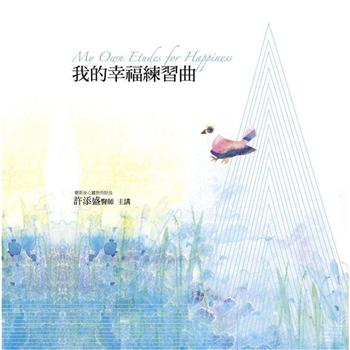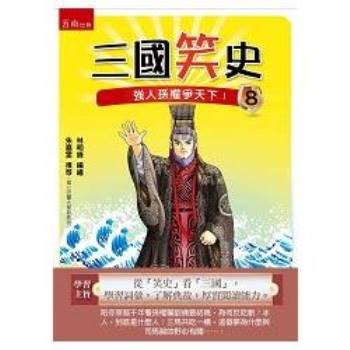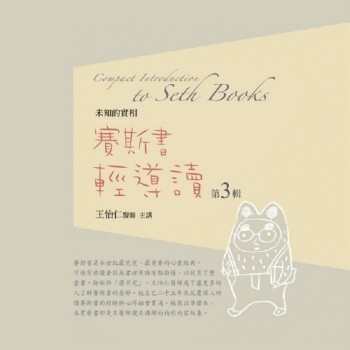The Plantation Tamils in Sri Lanka who toil in the plantations and make a huge contribution to the economy of the country by their blood and sweat, are the very people who remain the poorest community in the island. They faced numerous problems such as economic deprivation, social neglect and political abuse in the 19th and 20th centuries. Legislative measures soon after Sri Lanka gained independence in 1948 made them stateless and thereafter the community suffered continuous discrimination. The discriminatory measures relate to their civil and political rights. They also suffered discrimination in the areas of employment, education, housing, health, industrial relations, language and trade. Special administrative measures and targeted legislation has been used for the purpose of denying the Plantation Tamils their basic rights that would enable them to lead a normal life with dignity. As a result, the community is afflicted by poverty, ill-health, illiteracy and unemployment in the 21st Century.This book examines the laws, regulations and administrative action that affect the Plantation Tamils in Sri Lanka, mainly relating to citizenship, franchise and language rights. Political events connected with the enactment of the laws are also referred to in the book. Brief accounts on education, health and housing, land reform and trade union rights have also been included.
| FindBook |
有 1 項符合
Endless Inequality: The Rights of Plantation Tamils in Sri Lanka的圖書 |
 |
Endless Inequality: The Rights of Plantation Tamils in Sri Lanka 作者:Vijayapalan 出版社:Createspace Independent Publishing Platform 出版日期:2015-08-06 語言:英文 規格:平裝 / 440頁 / 22.86 x 15.24 x 2.26 cm / 普通級/ 初版 |
| 圖書館借閱 |
| 國家圖書館 | 全國圖書書目資訊網 | 國立公共資訊圖書館 | 電子書服務平台 | MetaCat 跨館整合查詢 |
| 臺北市立圖書館 | 新北市立圖書館 | 基隆市公共圖書館 | 桃園市立圖書館 | 新竹縣公共圖書館 |
| 苗栗縣立圖書館 | 臺中市立圖書館 | 彰化縣公共圖書館 | 南投縣文化局 | 雲林縣公共圖書館 |
| 嘉義縣圖書館 | 臺南市立圖書館 | 高雄市立圖書館 | 屏東縣公共圖書館 | 宜蘭縣公共圖書館 |
| 花蓮縣文化局 | 臺東縣文化處 |
|
|
圖書介紹 - 資料來源:博客來 評分:
圖書名稱:Endless Inequality: The Rights of Plantation Tamils in Sri Lanka
|











